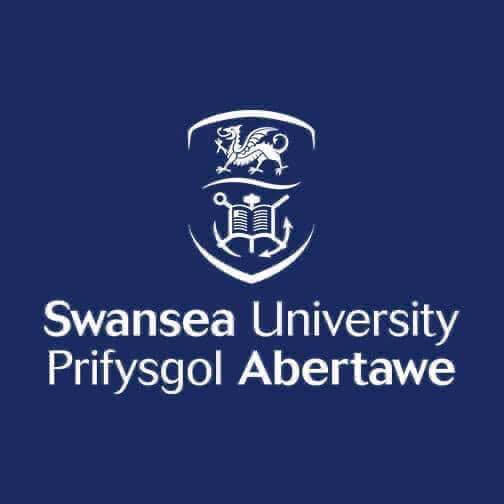fees waived
Zoology, BSc (Hons), with industry placement
Swansea University, United Kingdom
Subject ranking
UK / Guardian 2025 13th
UK / Guardian 2025 29th
UK / ARWU 2024 36th
Costs
food & rentS$17.2K / year
Entry requirements
Scholarships
Limited quantity
Limited quantity
Limited quantity
Information
Code
Code
Intakes
Website (External)
Programmes
Information
Duration
2029
Course summary
Zoology involves the study of animal anatomy, evolution, ecology and physiology - helping us understand animal behaviour and identify ways to improve animal welfare. This course gives our students an unrivalled opportunity to study modules in a range of natural environments including the Gower Peninsula. With its diverse habitats and an array of wildlife species including adders, otters and orchids, Gower is a uniquely rich site for students to study
. You will spend the third of your four years on an industrial placement, putting your skills into practice and greatly enhancing your employability. Our Bioscience facilities include:A £1.3m Visualisation Centre, a £1.6m purpose-built 18m catamaran-class survey vessel equipped with state-of-the-art survey and research equipment based in Swansea Marina, a £4.2m science laboratory facility and a centre for sustainable aquatic research.The BSc Zoology course is accredited by the Royal Society of Biology.All of our courses are available with a Year in Industry or Year AbroadThese placement years increase our students confidence and communication skills as well as help them to gain valuable experiences that will ultimately enhance their employability. To find out more go to https://www.swansea.ac.uk/science-and-engineering/We guarantee that you will be made a conditional offer for a course at Swansea University. Subject requirements will apply. Please come along to our next Open Day or get in touch for further information. Book an Open Day here: https://www.swansea.ac.uk/our-open-days/ Year 1: Areas studied typically include: animal diversity, form and function; cellular and microbial biology; marine and terrestrial ecology and animal behaviour; molecular and evolutionary biology; plants and algae – diversity, form and function; and core skills for Bioscientists.Year 2: Areas studied typically include: animal behaviour in conservation and welfare; entomology; animal physiology; cell and immunobiology; ecological microbiology and the cycles of life; ichthyology; marine invertebrates; molecular ecology; marine ecosystems; parasitology; plant ecology; terrestrial vertebrates; field zoology (residential Pembrokeshire).You will spend Year 3 on an industrial placement, putting your skills into practice and greatly enhancing your employability.Year 4: Areas studied typically include: animal personality: physiology, behaviour and evolution; biodiversity; biological control of invertebrate pests; collective animal behaviour; ecology of marine animals; mammalian carnivore ecology and conservation; phylogeny and macroevolution. You will be taught through a combination of lectures, tutorials, seminars and discussion groups supported by practical classes and field courses. You will be assessed through a variety of methods, including examinations, coursework and a practical research project.Modules
Assessment method
Year 1: Areas studied typically include: animal diversity, form and function; cellular and microbial biology; marine and terrestrial ecology and animal behaviour; molecular and evolutionary biology; plants and algae – diversity, form and function; and core skills for Bioscientists. Year 2: Areas studied typically include: animal behaviour in conservation and welfare; entomology; animal physiology; cell and immunobiology; ecological microbiology and the cycles of life; ichthyology; marine invertebrates; molecular ecology; marine ecosystems; parasitology; plant ecology; terrestrial vertebrates; field zoology (residential Pembrokeshire). You will spend Year 3 on an industrial placement, putting your skills into practice and greatly enhancing your employability. Year 4: Areas studied typically include: animal personality: physiology, behaviour and evolution; biodiversity; biological control of invertebrate pests; collective animal behaviour; ecology of marine animals; mammalian carnivore ecology and conservation; phylogeny and macroevolution.
A local representative of Swansea University in Singapore is available online to assist you with enquiries about this course.

